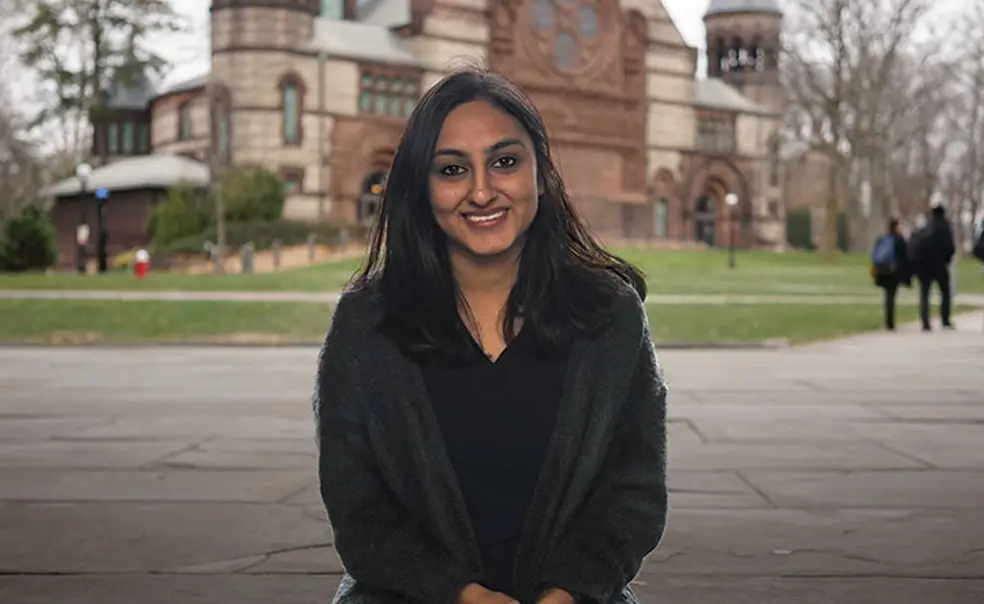Student Dispatch: Students Hope to Teach Others About the Impact of Islamophobia
Muslims at Princeton have responded to increasing Islamophobia with two campaigns — one to dramatize to the campus community how Muslims are affected by anti-Islamic rhetoric, and the other to welcome non-Muslims to worship services, so they can better understand the faith and its practitioners.
A student group called Muslim Advocates for Social Justice and Individual Dignity (MASJID) has announced a campaign to take photos of people who mark an ID card to signify an aspect of their personal identity, said Farah Amjad ’16, who co-founded the group. The action would draw attention to Republican presidential candidate Donald Trump’s statement, in November, that he would consider requiring Muslim-Americans to register in a government database or to carry special identification cards noting their faith.
“We want more attention to be given to this issue,” Amjad said. “We’re also trying to reach out to administration and faculty members, because what people don’t realize is that a lot of the students on campus are affected by what is being said and done to Muslims.”
Meanwhile, the Muslim Life Program welcomed non-Muslims to Friday prayer services, called Jummah, in January. “With so much toxicity and negativity in the air these days, we want this to be an opportunity to build bridges of understanding and love between Muslims and all,” the program announced on its website.
While the Muslim Students Association is the largest Muslim student group on campus, its constitution prevents it from engaging in political issues. Amjad said MASJID provides the estimated 150 Muslim undergraduates a chance to become involved in social-justice efforts.
The two groups worked together to turn the annual Eid al-Adha holiday in September into a benefit dinner for Syrian refugees, said Hajrah Hussain ’18, and donated items for refugee families in Jersey City.
In December, MASJID published an opinion column in the Prince that recounted acts of violence against Muslims across the country and described how students are affected by Islamophobia. For example, Muslim students are asked about their views on women’s rights during job interviews, and are questioned by other students about ISIS — “because you’re Muslim,” Amjad explained.
Nabil Shaikh ’17 said the Muslim students are joining with students of other faiths “to speak up about unjust practices and social conditions.”












No responses yet